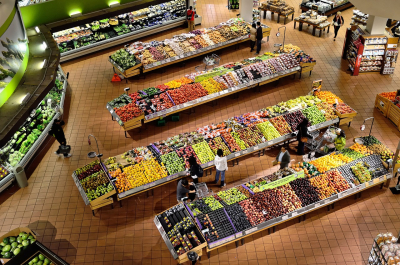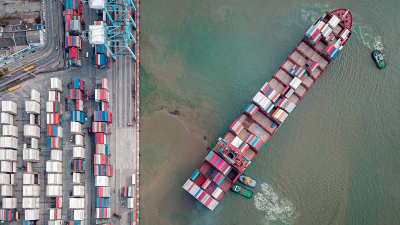Table of contents
- Trump's announcement and key points
- Dependency on Canadian exports
- Economic impact on Canada
- Canadian government's planned response
Trump's announcement and key points
Donald Trump emphasized that the U.S. could eliminate reliance on Canadian imports. He highlighted oil, gas, lumber, and automotive products as sectors the U.S. can self-sustain without Canadian supplies.
Trump also suggested that Canada could avoid tariffs by integrating more closely with the U.S. This statement comes with a threat of imposing significant tariffs by February 1, which has drawn immediate reactions from Canadian officials.
Dependency on Canadian exports
Canada is a crucial supplier to the U.S. in several sectors. In 2023, 60 percent of U.S. crude oil imports and 99 percent of natural gas imports came from Canada.
In the automotive sector, 92 percent of Canadian motor vehicle exports went to the U.S. in 2022. These exports depend on a tightly integrated supply chain, with components often crossing the Canada-U.S.-Mexico borders multiple times before assembly. Additionally, Canadian forestry exports valued at $45.6 billion are largely destined for the U.S.
Every day, $3.6 billion in goods crosses the U.S.-Canada border. This trade relationship supports 3.7 million jobs between the two countries, highlighting its economic importance.
Economic impact on Canada
A trade war with the U.S. could have severe consequences for Canada. Experts warn that imposing 25 percent tariffs could lead to substantial job losses and economic instability.
Scott Crockatt of the Business Council of Alberta described the potential tariffs as devastating. David Adams, CEO of Global Automakers of Canada, noted that production facilities may shut down if tariffs disrupt the automotive industry. Other sectors, such as energy and forestry, could also face long-term challenges.
The Canadian economy, which relies heavily on trade with the U.S., would experience significant disruptions if these tariffs were implemented.
Canadian government's planned response
Prime Minister Justin Trudeau stated that Canada is ready to respond firmly to any trade aggression. A senior source revealed that the response would involve three phases of retaliation, including tariffs on key U.S. goods like Florida orange juice and Kentucky bourbon.
The first phase of retaliation would not require consultations and would target specific items immediately. The second phase would include consultations and broader tariffs on $37 billion worth of U.S. goods. A third phase could extend to $110 billion in American imports, depending on the severity of the U.S. tariffs.
Trudeau also emphasized that any trade war would harm U.S. consumers by increasing prices. He underlined Canada’s role as a reliable trade partner, essential for America's economic stability and growth.
The escalating tensions between the U.S. and Canada highlight the importance of their trade relationship. Disruptions to this partnership could affect millions of jobs and impact the economies of both nations significantly. As discussions continue, both countries must carefully navigate their next steps to avoid long-term damage.
source: CTV News


 Are you thinking about investing in real estate in Albania? Looking for a safe and profitable opportunity? Balfin Real Estate
Are you thinking about investing in real estate in Albania? Looking for a safe and profitable opportunity? Balfin Real Estate The issue of tariffs has gained significant attention in Canada following months of warnings from U.S. President Donald Trump. Tariffs
The issue of tariffs has gained significant attention in Canada following months of warnings from U.S. President Donald Trump. Tariffs The Canadian government has taken decisive action following new U.S. tariffs. Prime Minister Justin Trudeau announced immediate countermeasures after President
The Canadian government has taken decisive action following new U.S. tariffs. Prime Minister Justin Trudeau announced immediate countermeasures after President

